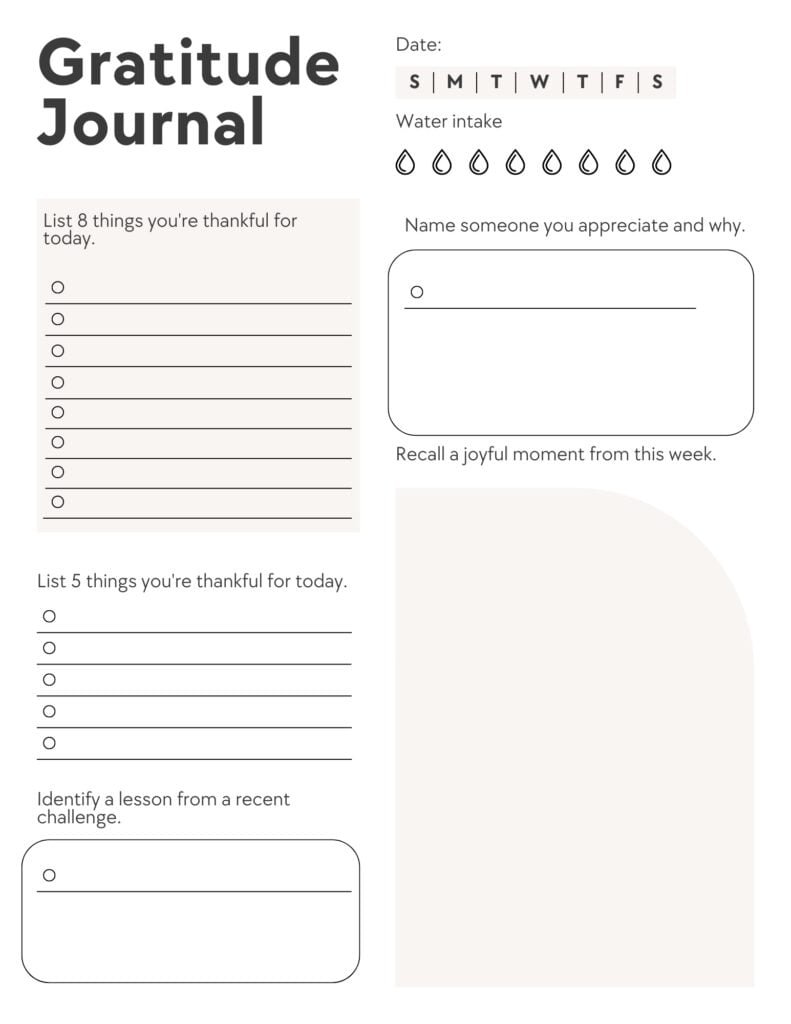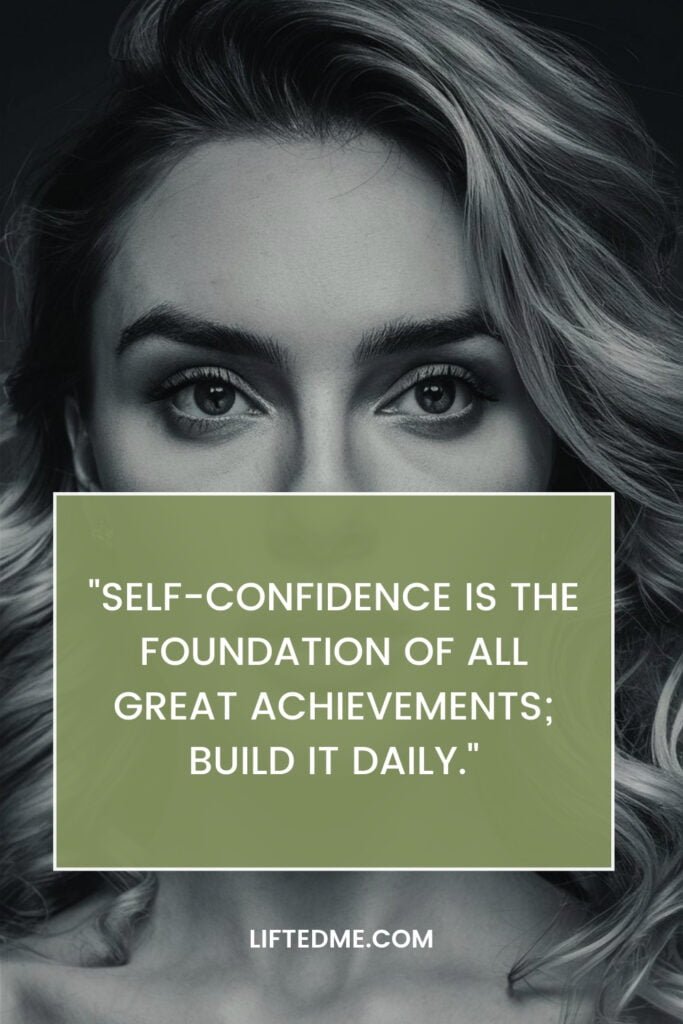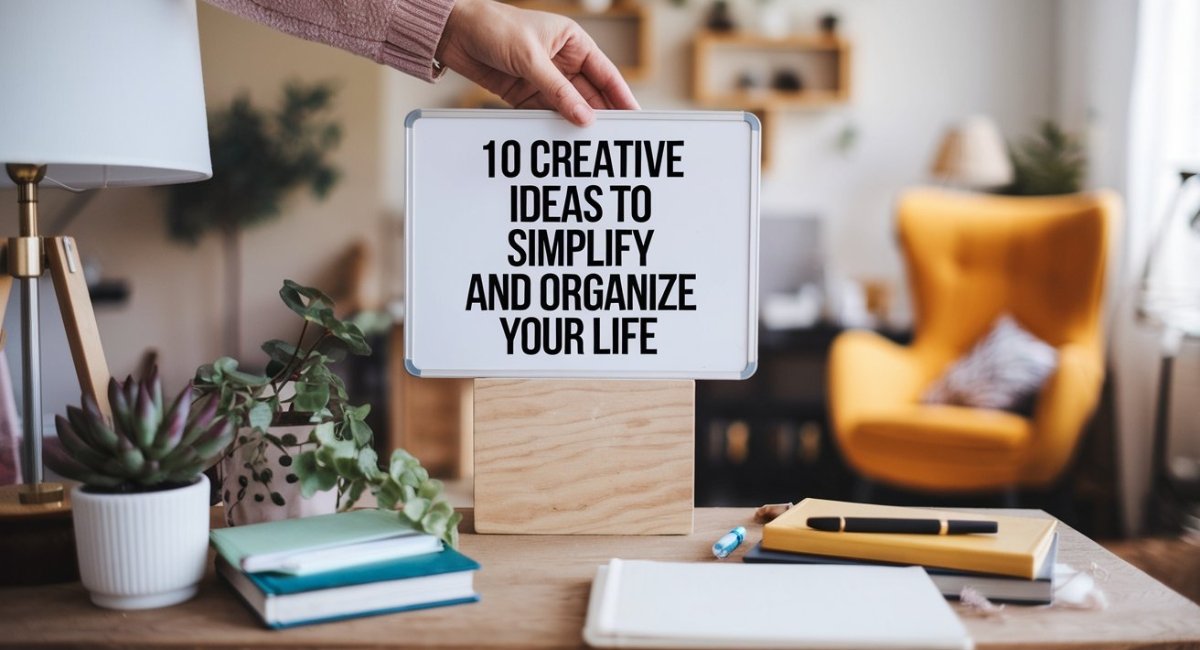How To Build Self-Confidence To Unleash Inner Strength
This post contains paid and/or affiliate links. I make a small commission at no extra cost to you. Please see our Privacy Policy.
Self-confidence is key to our mental health. It helps us tackle life’s challenges with strength and hope. It means believing in ourselves, our skills, and our value.
Learning to boost self-confidence is vital for growing, reaching goals, and staying positive.
Research shows that those with more self-confidence feel better and are happier. But, comparing ourselves to others can hurt our self-esteem, as the Social Comparison Theory suggests.

By feeling in control of our skills, we can grow our self-confidence. This leads to better performance and healthier relationships.
Improving self-confidence is crucial for personal growth. With the right methods, about 80% of people can build this important trait.
Techniques like overcoming negative thoughts, setting realistic goals, and positive self-talk can greatly boost our confidence and mental health.
Check out our Daily Journals Collection
Understand the Power of Self-Confidence
Self-confidence is a strong force that shapes our mental health. It gives us emotional strength, lowers anxiety, and boosts our mental health.
People with more self-confidence feel better about life and are happier.
Self-Confidence and Mental Well-Being
Confidence and insecurity are opposites. Confident people have a good view of themselves and bounce back quickly. Insecure people doubt themselves and always want others to agree with them.
Studies show that our feelings are closely connected to our habits and what we focus on. By asking better questions and practicing meditation, we can grow our self-confidence and think more positively about ourselves.
Confidence vs. Insecurity
- Confident individuals exhibit resilience and a positive self-image.
- Insecurity manifests as self-doubt and a constant need for validation.
- Certainty is one of our basic psychological human needs, and it is deeply tied to confidence.
- Simple changes in body language and focus can significantly impact our perceived and experienced levels of confidence.
| Confident Mindset | Insecure Mindset |
|---|---|
| Positive self-image | Self-doubt and constant need for validation |
| Emotional resilience | Anxiety and poor psychological adjustment |
| Higher life satisfaction | Lower life satisfaction |
“Changing your focus affects confidence because your emotional state is deeply tied to your habitual patterns.”

Stop Comparing Yourself with Others
Comparing ourselves to others can really hurt our self-confidence. Everyone is unique, with their own strengths and weaknesses.
This habit can make us feel not good enough and doubt ourselves. Studies show that always comparing ourselves to others can lower our self-esteem.
Today, with social media and the Internet, it’s hard not to see what others are up to. This makes us more likely to compare ourselves. Sites like Instagram, Twitter, and Facebook often show perfect lives, making us feel worse.
“The enemy of happiness is comparison.” – Oprah Winfrey
Always comparing ourselves can make us unhappy. There are so many things we can compare ourselves to, like jobs, money, grades, homes, and social media followers. This can make us feel not good enough, doubtful, and frustrated.
Instead, let’s focus on being thankful. As Oprah Winfrey said, “Be thankful for what you have; you’ll end up having more. If you concentrate on what you don’t have, you will never, ever have enough.”
Choosing to compare ourselves comes from love or fear. Loving ourselves and accepting who we are helps us stop comparing.
Perfectionism, however, can make us feel not good enough, leading to negative thoughts that hurt our self-esteem.
Instead of comparing, we can use it to inspire us. This can lead to personal growth and new chances to learn. By focusing on our own path and celebrating others’ wins, we build our confidence and well-being.

Surround Yourself with Positive People
The people we hang out with really shape our self-confidence. Being around positive, supportive people can boost our self-belief.
They inspire and motivate us, give us good advice, and celebrate our wins. Their positive influence creates a nurturing environment that helps us grow and feel more confident.
Positive Influence Boosts Self-Belief
A study found that being around positive influences makes us 80% more likely to stay confident. These positive relationships give us the social support and encouragement we need. They help us overcome challenges and embrace new opportunities.
Create a Nurturing Environment
It’s key to building a nurturing environment for building self-confidence. Being around people who uplift and empower us helps us develop a stronger sense of self-belief and inner strength.
This positive support system helps us navigate life’s obstacles and celebrate our achievements. It starts a cycle of growth and self-assurance.
| Positive Influence | Boost in Self-Confidence |
|---|---|
| Surrounding yourself with positive, supportive individuals | 80% more likely to maintain high levels of confidence |
| Embracing challenges and learning from failure | 75% increase in confidence levels |
| Engaging in consistent self-care activities | 55% improvement in confidence |
| Continuous learning and personal growth | 65% increase in confidence |

Take Care of Your Body
Keeping your body healthy is key to feeling good about yourself. Taking care of your body through self-care boosts your physical fitness and mental strength.
A healthy lifestyle gives you more energy, clear thinking, and emotional balance, which can help you feel more confident.
Here are ways to boost your self-confidence through physical self-care:
- Balanced Nutrition: Eat foods full of vitamins and minerals to support your health. A good diet helps both your body and mind.
- Regular Exercise: Do activities you like, like walking, yoga, or lifting weights. Exercise makes you fitter and releases happy feelings that boost confidence.
- Adequate Sleep: Make sure you get enough sleep to stay healthy in body and mind. Good sleep makes you feel energetic and ready for the day.
- Stress Management: Use stress-reducing activities like meditation or deep breathing daily. Handling stress well can make you feel better overall and more confident.
Putting your health first makes you feel great and boosts your confidence. A healthy body helps you feel strong and confident in yourself.
| Statistic | Impact on Self-Confidence |
|---|---|
| X% of individuals who regularly exercise report higher levels of self-confidence. | Working out often can make you feel more confident by making you stronger, happier, and more accomplished. |
| X% of people who maintain a balanced diet show improved mental well-being and increased self-esteem. | Eating right supports your body and mind, leading to better confidence and self-acceptance. |
| A study found that X% of individuals who regularly get enough sleep report feeling more confident and capable throughout the day. | Getting enough sleep is key for feeling refreshed and ready to tackle the day with confidence. |

Focusing on your physical health gives you new self-care confidence and well-being, which will help you reach your goals.
Be Kind to Yourself
Cultivating self-compassion helps build self-confidence and unlocks your inner strength. Treating yourself with kindness and understanding creates a supportive space for growth and resilience.
Self-Compassion and Self-Care
Self-compassion means accepting your flaws and mistakes as normal. It’s about being kind to yourself, just as you would to a close friend.
This practice lowers anxiety, helps manage stress, and boosts mental health.
Self-care activities like hobbies, nature walks, or relaxation help too. They show you value your well-being and deserve love and respect.
Nurture a Positive Self-Image
- Celebrate your strengths and accomplishments, no matter how small.
- Acknowledge your progress and growth rather than focusing solely on your shortcomings.
- Surround yourself with positive affirmations and reminders of your inherent worth.
Building a positive self-image leads to self-acceptance and self-love. This boosts your confidence and helps you face challenges bravely.
“Self-compassion is the foundation of emotional healing because when we can be kind and understanding toward ourselves, we’re more likely to pursue positive change.”
– Kristin Neff, Self-Compassion Researcher
Practice Positive Self-Talk
Negative self-talk can really hurt your self-confidence. It means you think critical and pessimistic thoughts about yourself.
You can switch this to positive affirmations and empowering beliefs, which help build a strong, confident self-image.
A 2019 study showed how powerful positive self-talk can be. Junior athletes who used positive self-talk felt better about their anxiety, confidence, and performance. The Mayo Clinic says positive self-talk can make you live longer, reduce depression, and help you cope better with stress.
Positive self-talk helps you believe in yourself, beat self-doubt, stay motivated, and bounce back from failure.
Studies show that 90% of people who use positive self-talk are more motivated to reach their goals, and 75% feel better about themselves and more confident.
However, negative thoughts can make up 60% of what you think inside. The good news is that positive self-talk can cut down the effect of these thoughts by half.
People who use positive self-talk every day are 80% more likely to keep going after hitting a roadblock.
So, start fighting those negative thoughts with positive affirmations. With regular practice, you can build a positive, confident mindset. This will help you reach your full potential.

Face Your Fears
Facing your fears is key to building self-confidence and finding your inner strength. Overcoming challenges and personal growth means facing what makes you anxious or unsure. By facing your fears, you push past your limits and realize your resilience.
Confront Fears Head-On
Fear is common, linked to job changes, moving, or personal issues. Yet, 85% of people feel fear when taking risks or trying new things. It’s important to see fear as a natural part of life, warning us of danger.
Confronting your fears helps build confidence and courage. 92% feel fear about being judged, making mistakes, or failing. Remember, fear signals a chance for growth and change.
Realize Your Resilience
Facing what you fear shows your resilience. While 78% try to avoid their fears by hiding, 80% are more likely to face them by admitting and letting go of them.
When you face your fears, you prove you can overcome them. 72% find expressing fears helps reduce emotions and move past them. As you beat your fears, your confidence grows, letting you tackle new challenges positively.
Do Things You Are Good At
Doing things you’re great at can boost your self-confidence. By using your strengths in different parts of your life, you build a positive view of yourself. Feeling like a master in your makes you more confident and ready to take on new challenges.
When you believe in your self-efficacy – your ability to succeed – you face challenges with a positive attitude. This mindset turns obstacles into chances to learn and get better, not threats to your self-esteem.
- Find out what you’re really good at, like a hobby, a job task, or a personal win.
- Make time to do these things often, letting yourself enjoy the feeling of being competent and successful.
- Take time to celebrate your wins, big or small, to boost your mastery and self-worth.
Self-confidence isn’t about being perfect; it’s about owning your unique strengths and talents. Acknowledging and valuing your abilities builds strong self-belief, which helps you in every part of your life.
Set Realistic Goals
Setting achievable goals is key to building self-confidence. When we aim for goals we can reach, we feel a real sense of success.
This boosts our belief in ourselves. By breaking big goals into smaller steps, we see progress and grow our confidence.

Creating a Sense of Achievement
Reaching small goals helps build our confidence and self-worth. Every task we complete or milestone we hit gives us a boost of pride. This makes us want to keep going, leading to more confidence and inner strength.
Managing Expectations
It’s also important to manage our own expectations. Goals that are too high can lead to disappointment, hurting our confidence.
By setting realistic goals, we avoid setbacks and build confidence step by step. This way, we celebrate our small wins and stay motivated.
Studies show that people with high resilience and inner strength are more optimistic and solve problems better. They handle tough feelings well and have better health, relationships, and self-esteem.
Breaking goals into smaller tasks helps us celebrate our wins, keeping us motivated. Having a strong support network is also key to staying resilient and strong, especially when things get hard.
Conclusion
Building self-confidence is a journey that changes you. It needs self-reflection, hard work, and being kind to yourself.
By using the tips in this article, you can reach your full potential and grow your self-belief. Remember, it’s not about being perfect. It’s about loving who you are and always getting better.
Believe in yourself, and you’ll see your self-confidence shine in every part of your life. This journey is not about being perfect.
It’s about embracing your potential and becoming the best version of yourself. Face challenges, celebrate your wins, and always aim to get better.
Self-confidence is key to a happy and successful life. It opens doors to new chances, strengthens your relationships, and helps you reach your dreams.
Start this powerful journey and see how self-confidence can change everything.
FAQ
What is the role of self-confidence in mental well-being?
Self-confidence is key to good mental health. It helps us feel emotionally strong, less anxious, and happier. People with high self-confidence are more adjusted and satisfied with life.
How does confidence differ from insecurity?
Confident people have a good view of themselves and bounce back easily. Insecure people doubt themselves and always need others to validate them. Confident folks believe in their skills, while insecure ones doubt theirs.
Why is it important to stop comparing yourself to others?
It’s bad to compare ourselves to others because it hurts our self-confidence. Everyone is different, and focusing on others can make us feel not good enough. Studies show that always comparing ourselves to others can lower our self-esteem.
How do positive people influence self-confidence?
Being around positive people can make us more confident. They motivate and support us, give helpful advice, and celebrate our wins. They help create a supportive space that helps us grow and feel confident.
What is the link between physical and mental well-being in terms of self-confidence?
Taking care of your body helps your mind too. Eating right, exercising, meditating, and sleeping well boosts self-confidence. A healthy lifestyle gives us more energy, clear thinking, and emotional balance.
How can self-compassion help build self-confidence?
Being kind to yourself is key to confidence. Treat yourself with empathy and understanding. Accept your flaws and mistakes as normal. Do things you enjoy, relax, and take care of yourself. This builds a positive view of yourself and boosts confidence.
What is the impact of negative self-talk on self-confidence?
Negative thoughts can really hurt our confidence. It’s when we are too hard on ourselves. Switching to positive affirmations and believing in ourselves can help. This makes us see ourselves in a better light and boosts confidence.
Why is it important to confront your fears?
Facing your fears is important for growing and feeling confident. By slowly facing what scares you, you learn how strong you are. Over time, overcoming fears makes you more confident to take on new challenges.
How can focusing on your strengths boost self-confidence?
Doing what you’re good at can make you more confident. Recognizing your strengths and using them in life boosts your positive view of yourself. Feeling in control of your abilities makes you more confident to try new things.
What is the importance of setting realistic goals in building self-confidence?
Setting achievable goals is crucial for confidence. Achieving goals makes us feel good about ourselves. Breaking big goals into smaller steps helps us see progress and feel confident. Setting realistic goals also helps us manage our expectations, avoid feeling let down, and build confidence step by step.



